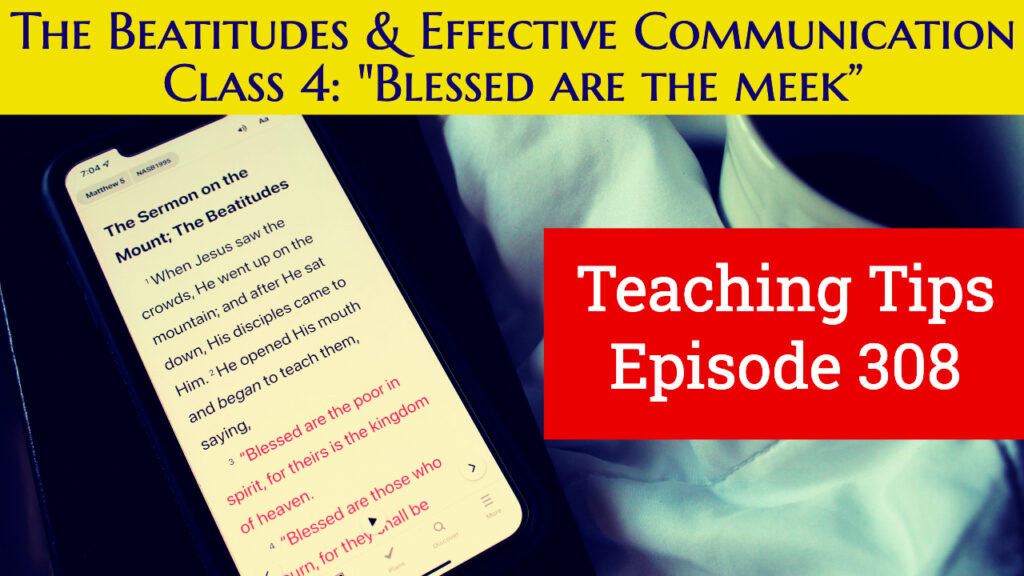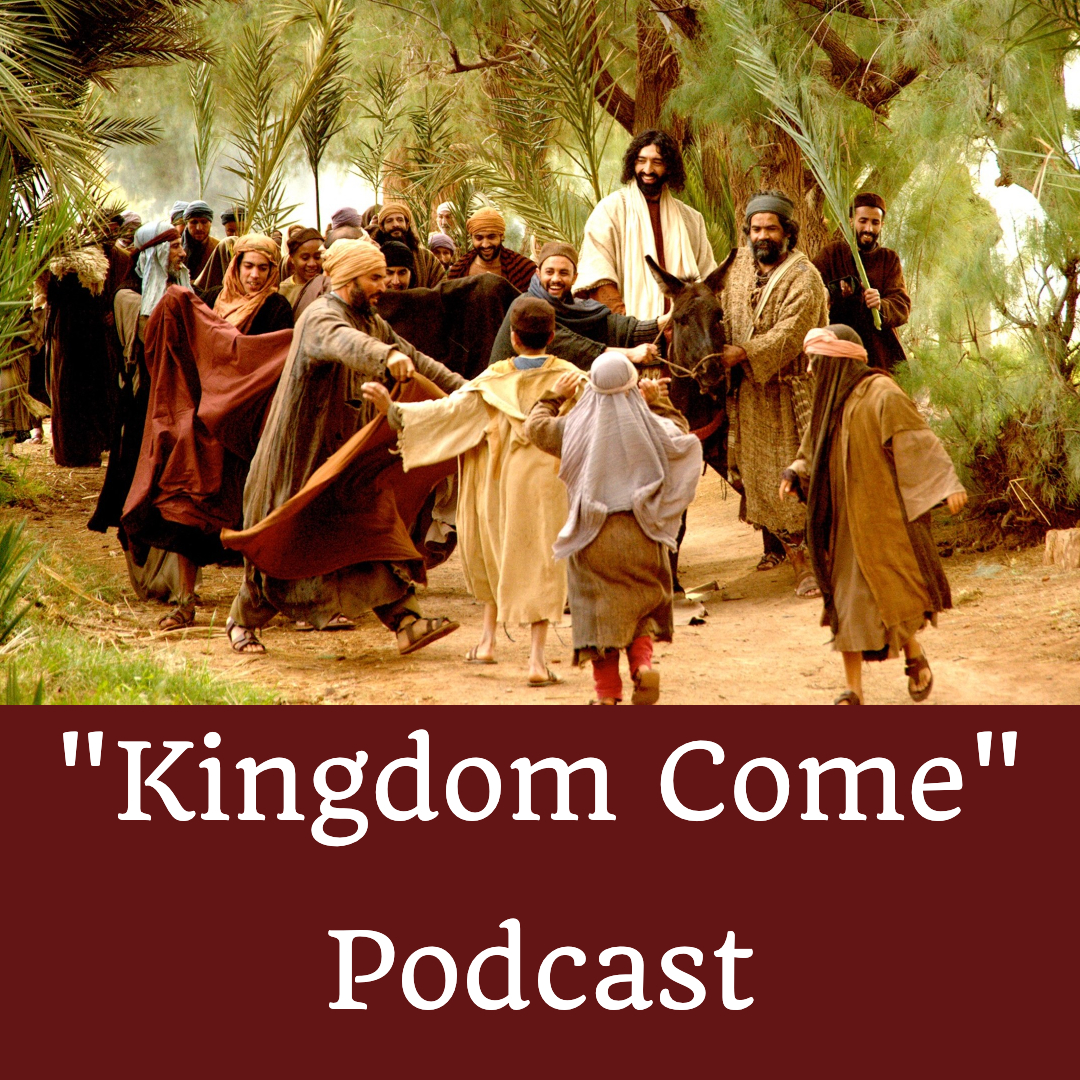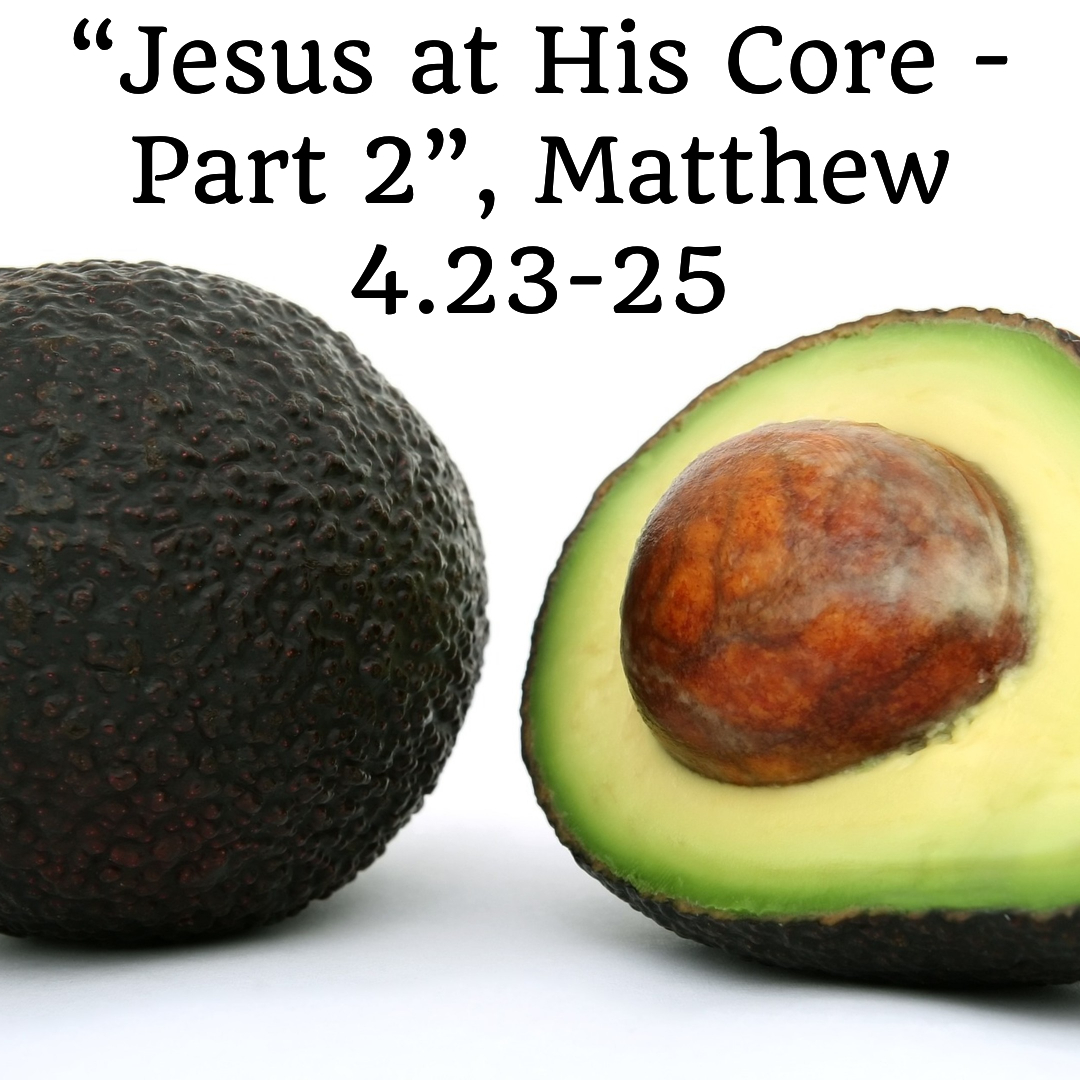Class 4: “Blessed are the meek, for they will inherit the earth” | Malcolm Cox

Tuesday Teaching Tip 308 | The Beatitudes and Effective Communication: Lessons for Preachers and Teachers | “Blessed are the meek, for they will inherit the earth” | Malcolm Cox
Introduction
What would it be like to preach and teach through the filter of the beatitudes? What would the impact be on us as speakers and our congregations as listeners? Today, we will look at the third beatitude:
“Blessed are the meek, for they will inherit the earth.” (Matthew 5:5 NIV11)
The third beatitude follows naturally from the first two: ““Blessed are the poor in spirit, for theirs is the kingdom of heaven. Blessed are those who mourn, for they will be comforted.” (Matthew 5:3–4 NIV11)
- The Meaning in the context of the Gospel
- Greek: ‘praus’ means, ‘gentle, humble, considerate, courteous’
- The blessing is paradoxical. The proud, boastful and pushy seem to inherit the earth in our experience.
- Jesus = ultimate example (same Greek word in these passages….)
- ““Come to me, all you who are weary and burdened, and I will give you rest. Take my yoke upon you and learn from me, for I am gentle and humble in heart, and you will find rest for your souls.” (Matthew 11:28–29 NIV11)
- ““Say to Daughter Zion, ‘See, your king comes to you, gentle and riding on a donkey, and on a colt, the foal of a donkey.’ ”” (Matthew 21:5 NIV11)
- Jesus was led as a lamb to the slaughter – not dragged.
- Numbers 12 – Moses meekest man – seen in refusal to defend himself and in choosing to reject the comforts of Egypt – a humble self-emptying made at his own choice, like Jesus (Heb 11:24f, Phil 2).
- “By faith Moses, when he had grown up, refused to be known as the son of Pharaoh’s daughter.” (Hebrews 11:24 NIV11)
- Paul is gracious to people and churches who have hurt him.
- The meek see themselves as unimportant, even if they are important (like Moses). Jesus did correct people – like when they accused him of being in league with Beelzebub – but he did so to correct their thinking, not to protect himself or make him feel better about himself. Not about threatening his identity. Meek people are secure re identity. Not concerned about reputation in the eyes of others. Not defending ourselves. When meek people explain themselves it is not to shore up reputation, view of self, make self feel better, less bad, less insecure because of attack, but to do with helping people understand things that will be helpful for them.
- “Meekness is a controlled desire to see the other’s interests advance ahead of one’s own.” Carson, 23 Gal 6:1
- Meek person relates well to people because sees self under God along with all others.
- “God will give them the high place they would not seize for themselves.” France, R. T. Matthew: An Introduction and Commentary. TNTC
- The Meaning for a preacher/teacher
- Wants to bless, not to be blessed
- In preparation
- Listen to God
- “Meekness allows God to move us by ‘swaying our judgment’” – Dallas Willard, “Hearing God”
- Listen to other people
- “Meek leaders listen carefully and thoughtfully process the ideas and input of others.” Redefining Leadership, Joseph M. Stowell
- Will not obscure Jesus: Will not ask, “What do I want to say?”, but, “What does this say about Jesus?”
- Meek speakers are unafraid of reaction, therefore, we ask what it is that God wants us to say, regardless of whether we want to say it nor not.
- Listen to God
- In presentation
- Encourage, comfort and urge – in balance
- Inspiring, not demanding
- Strong in conviction, not overloading
- Not expecting people to do things they cannot do
- Not expecting people to do things you will not do
- “Poverty of spirit has to do with a person’s assessment of himself, especially with respect to God, while meekness has more to do with his relationship with God and with men.” Carson, 22
- Will come across as ‘human’ – not superior, not a superhero Christian
Next week we will get into the fourth Beatitude, but for today I’d like to know what you think. How can we preach and teach in a way that is informed by the third beatitude?
What kinds of questions does this bring to your mind regarding preaching and teaching? Why not pray over the beatitudes, asking God to reveal how they can flavour your speaking? If God reveals anything to you, please drop me a line.
Please add your comments on this week’s topic. We learn best when we learn in community.
Do you have a question about teaching the Bible? Is it theological, technical, or practical? Send me your questions or suggestions. Here’s the email: malcolm@malcolmcox.org.
If you’d like a copy of my free eBook on spiritual disciplines, “How God grows His people”, sign up at my website: http://www.malcolmcox.org.
Please pass the link on, subscribe, and leave a review.
“Worship the LORD with gladness; come before him with joyful songs.” (Psalms 100:2 NIV11)
God bless, Malcolm



